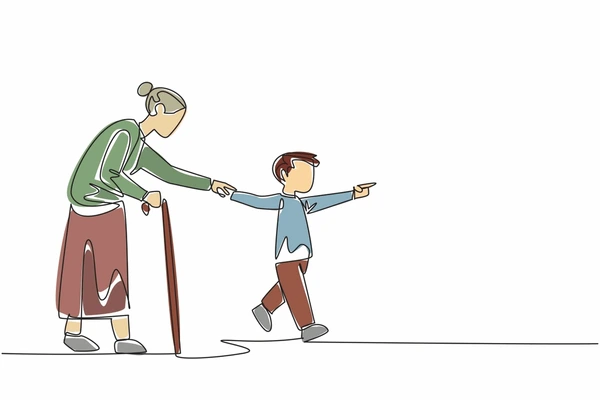Want to keep your mind sharp as you age? Spend a few hours each week helping others, a new study suggests.
Research published in the upcoming October issue of Social Science & Medicine finds that older adults who regularly volunteer — whether through formal organizations or informal acts of support — experience 15% to 20% slower cognitive decline compared to those who don’t.
The benefits were most consistent among people who devoted just two to four hours per week to helping others. That included organized activities like working at a food bank or cleaning up a park, as well as informal acts such as giving a neighbor a ride to the doctor, babysitting grandchildren, mowing a lawn, or helping with taxes.
“Everyday acts of support — whether organized or personal — can have lasting cognitive impact,” said Sae Hwang Han, lead researcher and assistant professor of human development and family sciences at the University of Texas at Austin. “The benefits weren’t just short-term boosts but cumulative over time with sustained engagement.”
The study analyzed data from more than 31,000 Americans age 51 and older, who were followed through the federal Health and Retirement Survey from 1998 to 2020.
Researchers found that those who took up volunteering — formally or informally — saw measurable cognitive benefits. Conversely, withdrawing from helping others altogether was linked with sharper declines in brain health.
The findings suggest that the protective effect may come from building social connections and lowering everyday stress, both of which have been shown to slow age-related brain decline.
“Informal helping is sometimes assumed to offer fewer health benefits due to its lack of social recognition,” Han said. “It was a pleasant surprise to find that it provides cognitive benefits comparable to formal volunteering.”
About one in three older Americans currently volunteer formally, while more than half offer help informally. Han said policies that encourage and support opportunities for older adults to remain engaged could extend these benefits further.
“Many older adults in suboptimal health continue to make valuable contributions to those around them,” Han noted. “They may be the ones to especially benefit from being provided with opportunities to help.”
(YWN World Headquarters – NYC)











